Netflix is the undisputed king of streaming services, and a lot of the reason why is that it simply has the most extensive library of TV and movie content around. In addition to routinely securing streaming licenses from the biggest franchises in entertainment, Netflix also produces enough original TV and movie content to be considered its own studio. Therein lies the problem — it’s been a common criticism that Netflix’s user interface offers so many options for viewing content that making a choice often feels overwhelming – if not impossible. As such, a lot of Netflix users try not to fall down that rabbit hole and, as a result, miss out on some of the best content being offered on the platform at any given time.
Videos by ComicBook.com
Here are the 10 best sci-fi movies that you didn’t even know were streaming on Netflix right now (as of April 11th, the time of writing this).
Lucy

Luc Besson’s 2014 sci-fi film starring Scarlett Johansson. Lucy, like Limitless or Transcendence, was part of the 2010 sci-fi sub-genre about woeful attempts to tap into the full well of human potential. Johannson’s performance and wild sci-fi concepts about the brain’s true power made this film a cult classic for good reason. Now it’s back on Netflix.
Upgrade
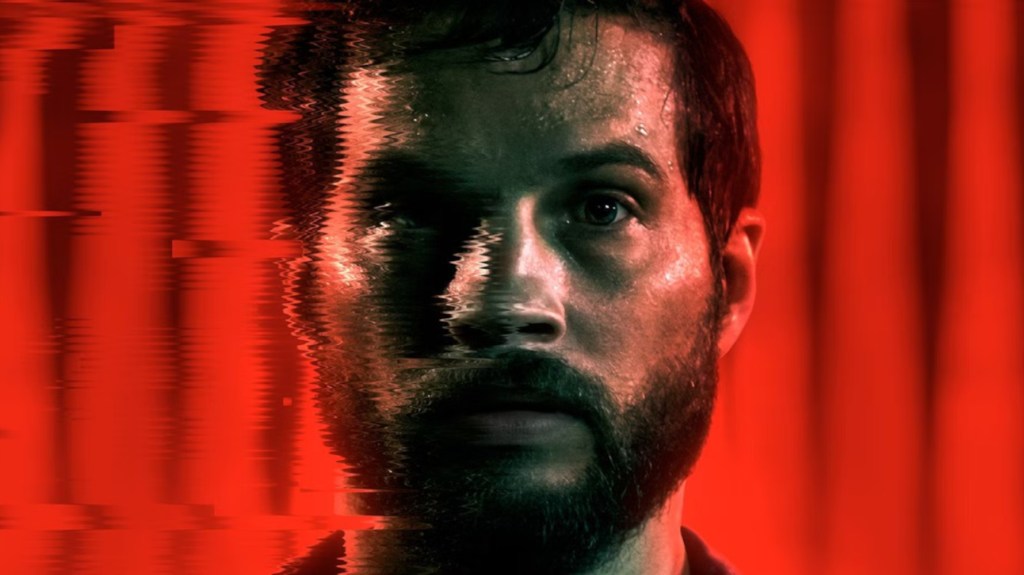
Writer/director Leigh Whannell (Insidious) stepped away from horror for this dark sci-fi tale about a man who receives a high-tech implant to repair his severed spine. The man uses his newfound enhancements to go on a quest of revenge against the cabal that killed his wife and ruined his body. The film gained notoriety for the gimmick of action sequences where lead actor Logan Marshall-Green moves like a puppet on strings, but there’s actually a deeper story and a novel approach to action that makes it worth watching.
Waterworld

Kevin Costner and director Kevin Reynolds’ 1995 sci-fi-action epic held the infamy of being the most expensive movie of its day (budget of $172-$175 million). That money all went to creating the precarious maritime sets and action sequences needed to depict a version of Earth that is nearly covered in water from rising sea levels, leaving scattered pirate tribes warring over the remaining land. It’s a one-of-a-kind cinematic spectacle (if not a great story), and every sci-fi movie fan needs to experience this world of water at least once.
Godzilla x Kong: The Hidden Empire

The latest in Warner Bros’s MonsterVerse franchise isn’t just streaming on Max anymore — it’s on Netflix and ready for a wider set of eyes to be on it. The Godzilla, Kong, and crossover films between them have all been hit-or-miss; Hidden Empire falls somewhere in the middle of those rankings but is definitely worth a blockbuster Kaiju sci-fi movie to stream on a weekend night.
Blade Runner: The Final Cut
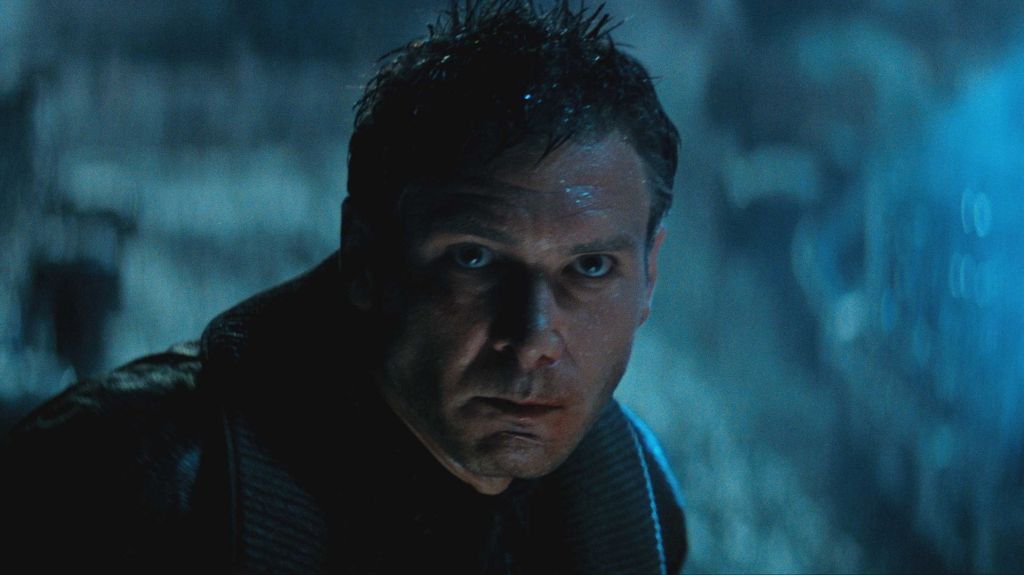
Directors like Denis Villeneuve (Dune) wouldn’t exist today if Ridley Scott had not made his 1982 sci-fi noir classic. Harrison Ford is at peak stud levels playing Rick Deckard, a gumshoe in a future (2019, if you can believe it) working as a “Blade Runner,” a human who tracks down, identifies, and kills replicants — bioengineered humanoids who have infiltrated human society. That assignment takes a turn when Deckard falls for a female replicant named Rachael (Sean Young). Moody, imaginative, and utterly unforgettable, press play on this classic if you never had the chance to before. Netflix is offering the cut that Scott wanted audiences to see, so you’re in an even better position to experience it now.
What Happened to Monday
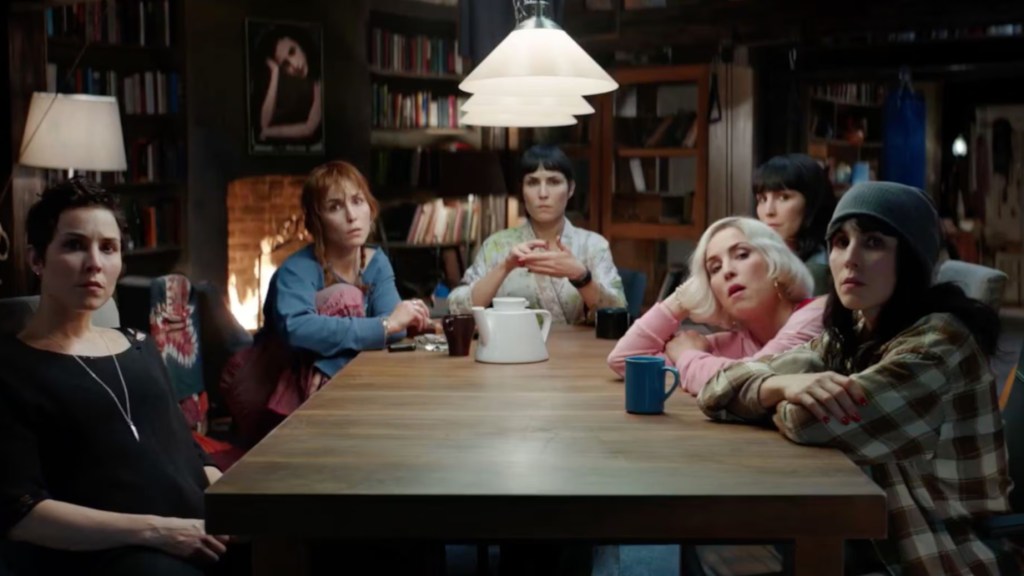
Noomi Rapace (Prometheus, The Girl with the Dragon Tattoo) was on her way to being an international movie star in the 2010s; What Happened to Monday stands as a decisive point where her career never quite broke through into the mainstream. It’s also the only film from Tommy Wirkola (Dead Snow, Hansel & Gretel: Witch Hunters, Violent Night) that didn’t get a strong cult following with its mix of seemingly contradictory tropes. It’s not surprising: The film came and went on Netflix without proper hype – hence the need for this entry.
The story envisions a future where overpopulation has created strict breeding laws; for a family of septuplets, those laws are a death sentence, so the family tries a bold plan: make the world think seven identical sisters are just one person. The system is set up so that each girl gets one day of the week to leave the house and live some kind of life outside. That quickly falls apart when the sisters get caught up in a deadly game of espionage. Think Orphan Black, the Movie.
Black Mirror: Bandersnatch
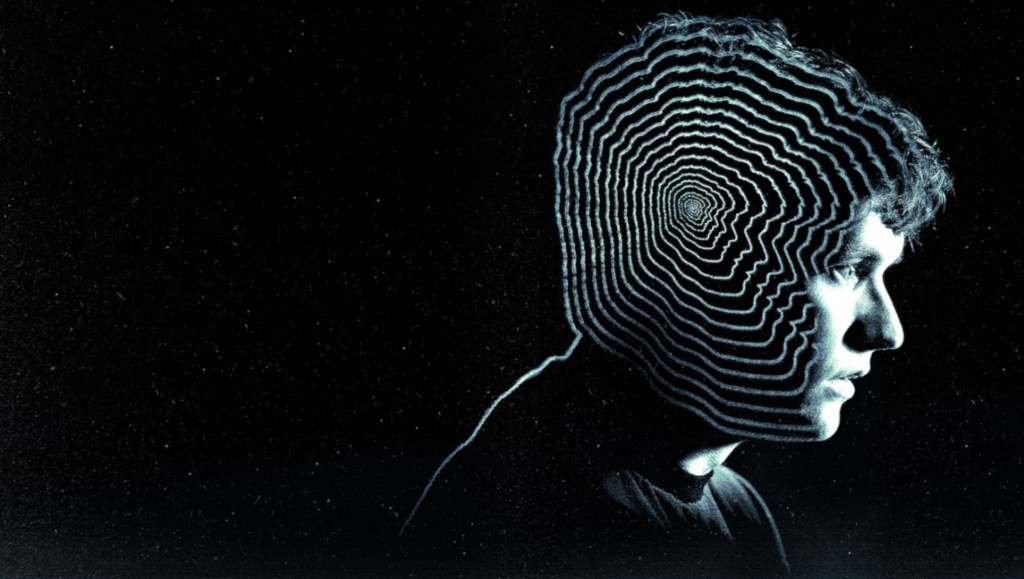
Are you a new passenger aboard the Black Mirror hype train now that Season 7 has arrived? Then you may (or may not) know that one story from the new season is actually tied to a bold spinoff film the series released in 2018. Bandersnatch tells the story of an ’80s video game designer (Fionn Whitehead) who wants to take the experience of a “choose your own adventure” book and adapt it into a game. Following suit, the actual film gives viewers the interactive ability to choose the main character’s decisions and pathway through the narrative, leading to multiple different endings depending on the line of choices you make. The interactive feature can make following the actual storyline hard, but if you dig into Bandersnatch almost like it’s a game, the resulting experience is one of a kind.
Atlas
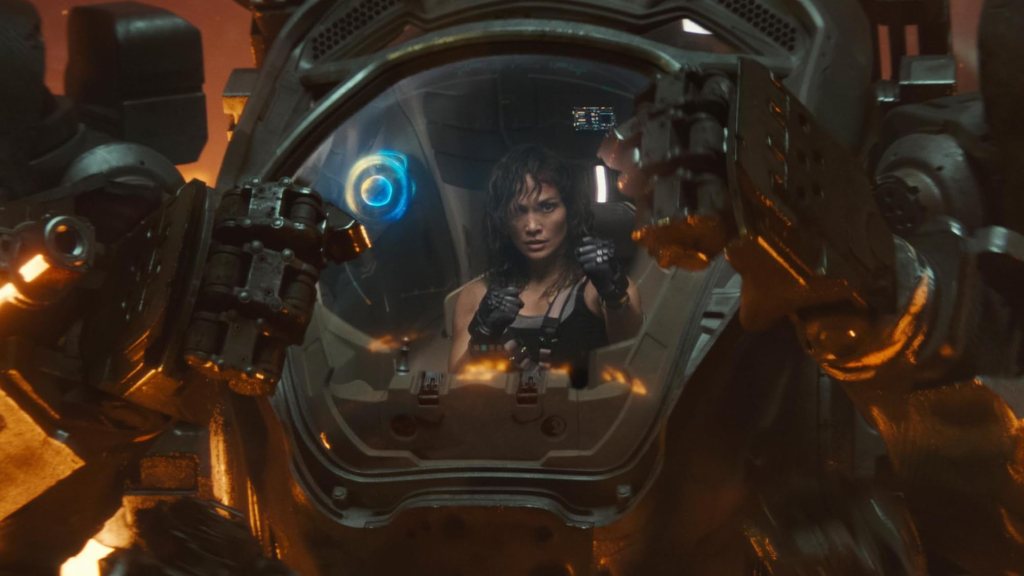
Not to keep harping on content that Netflix could’ve promoted better, but unless you were paying attention during the awkward promotional tour last year (don’t expect Jennifer Lopez and Sterling K. Brown to collaborate again), you may not know about this fun little gem. Atlas sees Lopez playing Atlas Shepherd, the daughter of a brilliant but disgraced inventor who created the AI being that waged war against humanity. Atlas unwittingly becomes the human military’s best hope to stop the rogue AI (her former “brother”) by piloting a mech battle suit with its own AI, “Smith,” as her partner.
The film works because Lopez and voice actor Gregory James Cohan manage to create a convincing bond between woman and machine, with action sequences and an immersive sci-fi world from director Brad Peyton that makes this feel like it could be a franchise-starter.
Code 8

Stephen and Robbie Amell are big names in fandom now, but many fans may not realize they were at the forefront of crowd-funded moviemaking in the late 2010s. Code 8 was the 2019 feature the Amells made with director Jeff Chan and writer Chris Pare, after developing a short film concept in 2016, and then using the site Indiegogo to raise $3.4 million in funding by the time the feature film was released in 2019.
The story imagines a sci-fi flavored version of the near future, where superpowered individuals (or “powers”) are identified and registered with the government, placing strict laws on the usage of those powers. Robbie plays Connor Reed, an electric-powered man living in a blue-collar rut, who is given the wrong kind of opportunity by Garrett (Stephen), a telekinetic who runs his own local syndicate. But when the crimes attract the powers that be, Robbie quickly finds himself standing on his own. The movie inspired a bigger and even better sequel, which was released in 2024.
Geostorm
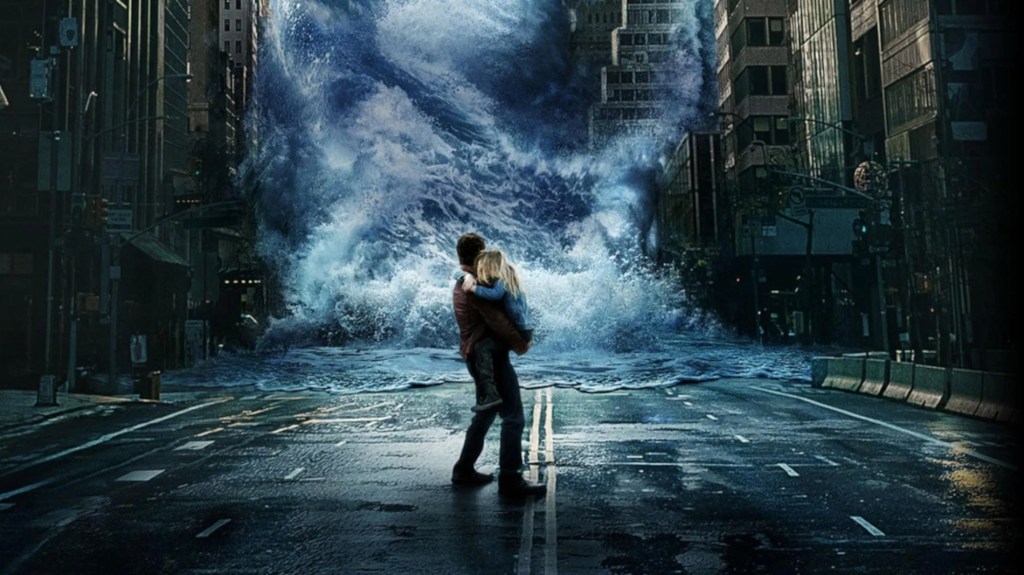
It’s probably not a good sign that Dean Devlin’s 2017 sci-fi disaster film keeps getting an almost annual resurgence on streaming platforms; clearly, the idea of giant storms threatening Earth is getting easier and easier for viewers to imagine. Starring Gerard Butler, the film sees a scientist racing to prevent extreme storms using a system of satellites he designed. It hits right on the line of triggering real-world fears about climate change and still being an absurd enough B-movie thriller to enjoy without too much stress.
All of these films are (currently) streaming on Netflix.








